Home>Articles>How Long Will Water Stay Hot In Water Heater Without Power
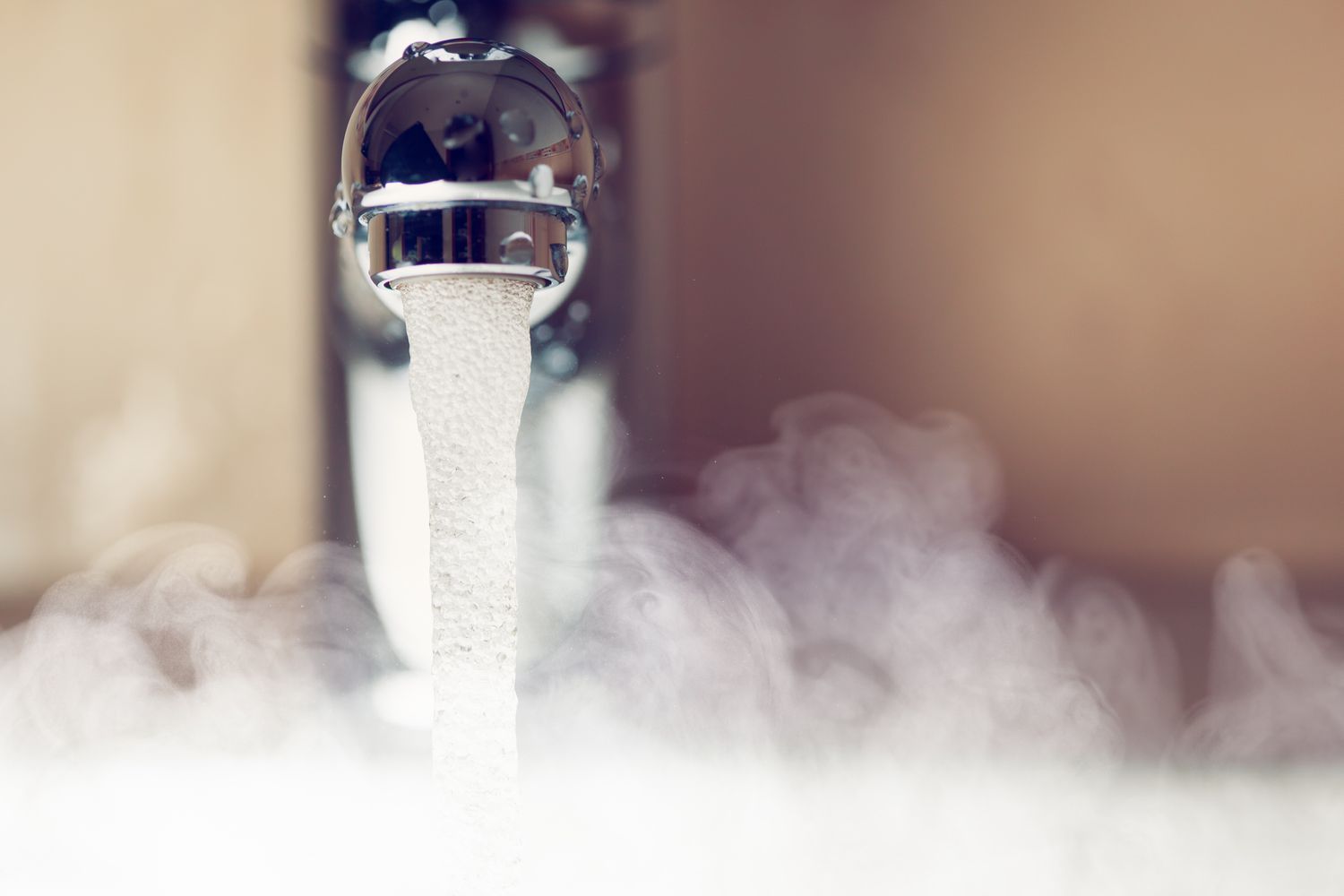

Articles
How Long Will Water Stay Hot In Water Heater Without Power
Modified: October 31, 2024
Discover how long water can stay hot in a water heater without power. Read informative articles on managing hot water availability during outages.
(Many of the links in this article redirect to a specific reviewed product. Your purchase of these products through affiliate links helps to generate commission for Storables.com, at no extra cost. Learn more)
Introduction
Water heaters are essential appliances that provide us with hot water for various purposes such as bathing, cooking, and cleaning. However, there may be instances when we experience power outages, leaving us without electricity to operate the water heater. In such situations, it is important to understand how long the water will stay hot in the water heater without power.
Several factors come into play to determine the duration for which the water will remain hot in a water heater without electricity. These factors include the insulation and efficiency of the water heater, the volume of water in the tank, the initial temperature of the water, the ambient temperature and location of the water heater, and the duration of the power outage.
In this article, we will explore these factors in detail and also provide some steps to help you preserve hot water in your water heater during a power outage. So, let’s dive in.
Key Takeaways:
- Factors such as insulation, water volume, initial temperature, ambient conditions, and outage duration determine how long hot water will last in a water heater without power. Understanding these factors can help you prepare for power outages and conserve hot water effectively.
- Taking proactive steps such as minimizing hot water usage, insulating the water heater, and prioritizing essential needs can help preserve hot water during power outages. Planning ahead with alternative heating methods and backup power options is crucial for longer outages.
Read more: How To Get Hot Water Without Water Heater
Factors that affect how long water stays hot in a water heater without power
When the power goes out, the water inside the water heater will gradually start to cool down. However, the rate at which the water loses its heat depends on several factors. Understanding these factors can help you estimate how long the hot water will last in your water heater without power.
1. Insulation and efficiency of the water heater:
The level of insulation in your water heater plays a significant role in determining how long the water will stay hot. Well-insulated water heaters can retain heat for longer periods, while poorly insulated ones will lose heat more rapidly. Additionally, an energy-efficient water heater will have better heat retention, resulting in longer-lasting hot water during a power outage.
2. Volume of water in the tank:
The amount of water stored in the tank affects how long it will stay hot without power. Larger water heaters with higher capacities will naturally hold more hot water, offering a longer duration of hot water availability. Conversely, smaller water heaters may run out of hot water more quickly.
3. Initial temperature of the water:
If the water in your water heater is already at a high temperature before the power outage, it will take longer for the water to cool down. Conversely, if the water is at a lower temperature, it will lose heat more rapidly.
4. Ambient temperature and location of the water heater:
The ambient temperature of the area where the water heater is located can affect the rate of heat loss. If the water heater is situated in a colder environment, the water will lose heat more quickly. Similarly, if the water heater is exposed to cold drafts or in outdoor locations, the heat loss will be faster compared to a water heater placed in a well-insulated area.
5. Duration of the power outage:
Perhaps the most obvious factor is the length of the power outage. The longer the power is out, the cooler the water will become. It is important to note that hot water will not stay hot indefinitely without power, and eventually, it will reach the same temperature as the surrounding air.
Now that you understand the factors that influence how long hot water will last in a water heater without power, let’s move on to some steps you can take to preserve the hot water during an outage.
Insulation and efficiency of the water heater
The insulation and efficiency of a water heater play a crucial role in determining how long the water will stay hot without power. Let’s take a closer look at these factors:
1. Insulation:
The insulation of a water heater refers to the material used to surround the tank and prevent heat loss. Well-insulated water heaters have thicker insulation layers, which help retain the heat within the tank for a longer time. This means that even without power, the hot water will stay warmer for an extended period.
2. Efficiency:
The efficiency of a water heater is a measure of how well it converts energy into heat. Highly efficient water heaters are designed to minimize heat loss and maximize heat transfer to the water. This means that they require less energy to heat the water and can maintain the desired temperature for longer periods, even without power.
Modern water heaters often come with superior insulation and advanced technologies that optimize energy efficiency. These features help reduce heat loss and improve the overall performance of the unit. If you have an older water heater, it may be worth considering upgrading to a more energy-efficient model to maximize heat retention during power outages.
Properly insulating your water heater can also help in preserving hot water. Ensure that there are no gaps or leaks in the insulation, as these can allow heat to escape. If you notice any insulation deficiencies, you can use insulation wraps or blankets specifically designed for water heaters to enhance their heat retention capabilities.
In addition to insulation, regular maintenance of the water heater is essential to ensure its efficiency. Over time, sediment can build up in the tank, reducing the efficiency of the heating elements and increasing heat loss. Flushing the tank annually and removing any sediment buildup can improve the overall performance of the water heater, resulting in better heat retention during power outages.
By investing in a well-insulated and efficient water heater and maintaining it properly, you can significantly extend the duration of hot water availability during power outages. This will ensure that your household continues to have access to hot water for daily activities, even in the absence of electricity.
Volume of water in the tank
The volume of water stored in the tank of your water heater directly affects how long the hot water will last without power. Here’s a closer look at how the volume of water impacts hot water availability:
1. Larger capacity, longer duration:
Water heaters come in different sizes and capacities, ranging from small tanks that hold around 20 gallons to larger tanks that can store 80 gallons or more. The larger the capacity of your water heater, the more hot water it can hold. As a result, a water heater with a larger volume will provide hot water for a longer period during a power outage.
2. Consider household needs:
When choosing a water heater, it’s important to consider the hot water requirements of your household. Factors such as the number of people living in your home and the frequency of hot water usage will influence the ideal tank size. If you have a larger family or frequently use hot water for multiple purposes, such as bathing, laundry, and dishwashing, a water heater with a larger tank may be necessary to ensure an adequate supply of hot water during power outages.
3. Trade-off between tank size and energy consumption:
While a larger tank size offers a longer duration of hot water availability, it’s worth noting that larger tanks require more energy to heat the water. If your household does not frequently require large amounts of hot water, it may be more energy-efficient to opt for a smaller tank size. However, during a power outage, the smaller tank will provide a limited supply of hot water for a shorter duration.
4. Supplementing with additional storage options:
If you anticipate longer power outages or have specific hot water requirements, you may consider supplementing your water heater with additional hot water storage options. For example, installing a solar water heating system with a storage tank can provide a backup source of hot water during power outages. Alternatively, you can also consider a tankless water heater as it heats water on-demand, ensuring a continuous supply of hot water as long as you have a fuel source available.
By considering the volume of water in your water heater and its relation to the hot water requirements of your household, you can determine the ideal tank size that will ensure a sufficient supply of hot water during power outages.
Initial temperature of the water
The initial temperature of the water inside the water heater is an important factor in determining how long it will stay hot without power. Here’s how the initial temperature affects hot water availability:
1. Higher initial temperature, longer duration:
If the water in your water heater is initially at a higher temperature, it will take longer for the water to cool down. Water heaters are designed to maintain water at a set temperature, typically between 120 to 140 degrees Fahrenheit (48 to 60 degrees Celsius). If the water heater has been recently used and the water is close to the set temperature, it will retain heat for a longer period during a power outage.
2. Lower initial temperature, shorter duration:
If the water in the water heater is at a lower temperature, it will lose heat more rapidly without power. This could occur if the water heater has been turned off or not used for an extended period, resulting in a lower initial temperature. In such cases, the hot water will cool down more quickly during a power outage.
3. Cold water inlet temperature:
Another factor to consider is the temperature of the cold water entering the water heater. If the cold water inlet temperature is particularly low, it will require the water heater to work harder to heat the water to the desired temperature. This increased energy consumption may impact the duration of hot water availability during a power outage.
It’s worth mentioning that maintaining a higher water heater temperature also results in increased energy consumption on a regular basis. Therefore, it’s important to find a balance between the initial temperature for extended hot water availability and energy efficiency.
To optimize hot water availability during a power outage, you can consider adjusting the water heater’s thermostat to a slightly higher temperature. By doing so, the initial temperature of the water will be higher, ensuring a longer duration of hot water during the period without power. However, it’s essential to use caution and avoid setting the temperature too high to prevent scalding and potential damage to the plumbing system.
By taking into account the initial temperature of the water and its impact on hot water availability, you can better manage your water heater and ensure a sufficient supply of hot water during power outages.
If your water heater is well-insulated, the water can stay hot for up to 24-48 hours without power. However, it’s best to use the hot water as soon as possible to avoid losing heat.
Read more: How To Maintain Hot Water Heater
Ambient temperature and location of the water heater
The ambient temperature and location of your water heater are important factors that can affect how long the water will stay hot without power. Let’s explore how these factors influence hot water availability:
1. Ambient temperature:
The ambient temperature refers to the temperature of the surrounding air where the water heater is located. If the water heater is installed in a colder environment, such as a basement or garage, the rate of heat loss from the water heater will be higher. This means that the hot water will cool down more quickly during a power outage. On the other hand, if the water heater is in a warmer environment, the heat loss will be slower, allowing the hot water to stay warmer for a longer duration.
2. Location of the water heater:
The location of the water heater within your home can also impact its heat retention capabilities. Water heaters that are placed in well-insulated areas or enclosed spaces tend to retain heat better compared to those exposed to drafts or located in outdoor settings. If your water heater is in a location that experiences colder temperatures or is prone to significant temperature fluctuations, it may result in a faster loss of hot water during a power outage.
3. Insulating the surrounding area:
To mitigate the impact of ambient temperature on hot water availability, you can take steps to insulate the area surrounding the water heater. This can include adding insulation to the walls, ceiling, and floor of the space where the water heater is located. Insulating the surrounding area helps create a barrier that reduces heat exchange between the water heater and the environment, resulting in improved heat retention and longer-lasting hot water during a power outage.
4. Minimizing exposure to drafts:
If your water heater is located in an area that experiences drafts, such as near doors or windows, it can contribute to heat loss. Take measures to seal any drafts or install weather stripping around the openings to minimize air leakage. This will help maintain a more stable ambient temperature around the water heater and slow down the rate at which the hot water cools down.
By considering the ambient temperature and location of your water heater, you can take appropriate measures to optimize heat retention and ensure a longer duration of hot water availability during power outages. Insulating the surrounding area and minimizing exposure to drafts will improve the water heater’s ability to retain heat, resulting in a more consistent supply of hot water when you need it.
Duration of power outage
The duration of the power outage is a crucial factor that directly impacts how long the water will stay hot in a water heater without power. Let’s explore the relationship between the duration of the outage and hot water availability:
1. Short power outages:
During short power outages, which typically last a few minutes to a couple of hours, the hot water in the water heater will generally retain its temperature. The thermal insulation of the water heater tank, combined with the residual heat remaining in the water, will help maintain hot water for a limited period. However, as time progresses, the hot water will gradually cool down and eventually reach the same temperature as the surrounding air.
2. Extended power outages:
As the duration of the power outage increases, the hot water available in the water heater diminishes. Without the electricity required to heat the water, the water heater relies solely on its thermal insulation to retain heat. The efficiency of the water heater’s insulation will determine how long the hot water can last in such situations.
3. Back-up power options:
If you anticipate an extended power outage and require a continuous supply of hot water, considering back-up power options can be beneficial. For example, you can install a generator that can power your essential appliances, including the water heater, during an outage. This ensures that you have access to hot water for an extended period, even when the main power supply is disrupted.
It’s important to note that hot water will not stay hot indefinitely without power. Eventually, the water will cool down to the ambient temperature. This is why it’s crucial to consider the duration of the power outage and plan accordingly to ensure a sufficient supply of hot water during extended outages.
In summary, short power outages may have minimal impact on hot water availability, but longer outages will gradually deplete the hot water supply. If you anticipate periods of extended outages, exploring back-up power options or implementing energy-efficient measures can help preserve hot water for longer durations and ensure continued access to hot water when you need it most.
Steps to preserve hot water in a water heater without power
During a power outage, it’s important to take proactive steps to preserve the hot water in your water heater for as long as possible. Follow these steps to maximize hot water availability during the outage:
1. Minimize hot water usage:
As soon as you realize there is a power outage, make an effort to minimize hot water usage in your home. Avoid activities that require hot water, such as long showers or running the dishwasher or washing machine. By reducing hot water consumption, you can extend the duration for which hot water remains available.
2. Turn off the water heater:
To conserve the existing hot water in the tank, consider turning off the water heater during the power outage. This will prevent the heating elements from continuing to use energy and reduce the rate of heat loss from the water. Check the manufacturer’s instructions for your specific water heater model on how to safely turn it off.
3. Insulate the water heater:
Wrap the water heater with an insulating blanket or use insulation sleeves to reduce heat loss. This additional thermal insulation will help retain the heat in the tank and extend the duration of hot water availability. Ensure that you follow the manufacturer’s instructions and safety guidelines when adding insulation to your water heater.
4. Keep the water heater area sealed:
Close any windows, doors, or openings in the area where the water heater is located to minimize heat exchange with the surrounding environment. This will help maintain a more stable ambient temperature around the water heater, slowing down the rate of heat loss and preserving hot water for longer.
5. Prioritize hot water usage:
If you have hot water-dependent tasks that must be done during the power outage, prioritize them to make the most of the available hot water. Consider essential needs such as bathing or preparing hot drinks and prioritize those activities to ensure you have access to hot water when you need it most.
6. Plan ahead with alternative heating methods:
Consider alternative methods for heating water during a power outage. For example, you can use a camping stove or a portable heat source such as a gas-powered water heater to heat water for essential purposes. These options can provide a temporary solution when the main power supply is disrupted.
By following these steps, you can maximize the duration of hot water availability during a power outage. Remember that the hot water will inevitably cool down over time, so it’s essential to plan accordingly and conserve hot water for essential needs.
Conclusion
Understanding how long water will stay hot in a water heater without power is important for ensuring a sufficient supply of hot water during power outages. Several factors come into play when determining the duration of hot water availability, including the insulation and efficiency of the water heater, the volume of water in the tank, the initial temperature of the water, the ambient temperature and location of the water heater, and the duration of the power outage.
To optimize hot water availability during power outages, it is essential to consider these factors and take appropriate steps. Insulating the water heater and its surrounding area, maintaining an efficient water heater through regular maintenance, and adjusting the initial temperature of the water can help extend the duration of hot water availability. Additionally, being mindful of hot water usage, turning off the water heater during the power outage, and prioritizing essential needs can help conserve hot water and make it last longer.
While these measures can help preserve hot water, it’s important to remember that it will eventually cool down to the ambient temperature over time. Therefore, it’s essential to plan accordingly and have alternative heating methods or backup power options in place for longer power outages or situations that require continuous hot water supply.
In conclusion, by understanding the factors affecting hot water availability and implementing the suggested steps, you can maximize the duration of hot water in your water heater during power outages. This will ensure that your household continues to have access to hot water for essential needs, even when the electricity is temporarily unavailable.
Frequently Asked Questions about How Long Will Water Stay Hot In Water Heater Without Power
Was this page helpful?
At Storables.com, we guarantee accurate and reliable information. Our content, validated by Expert Board Contributors, is crafted following stringent Editorial Policies. We're committed to providing you with well-researched, expert-backed insights for all your informational needs.
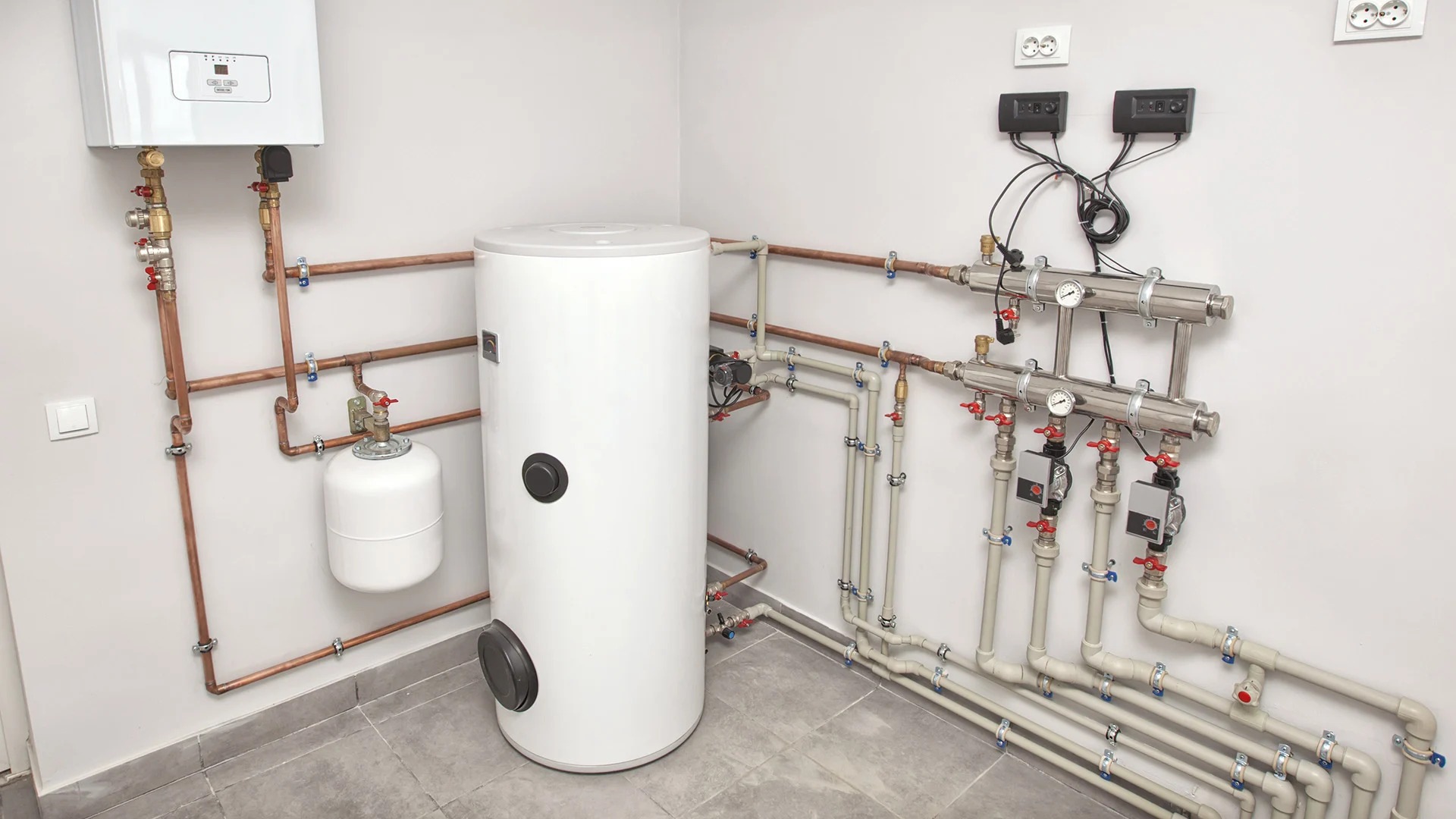
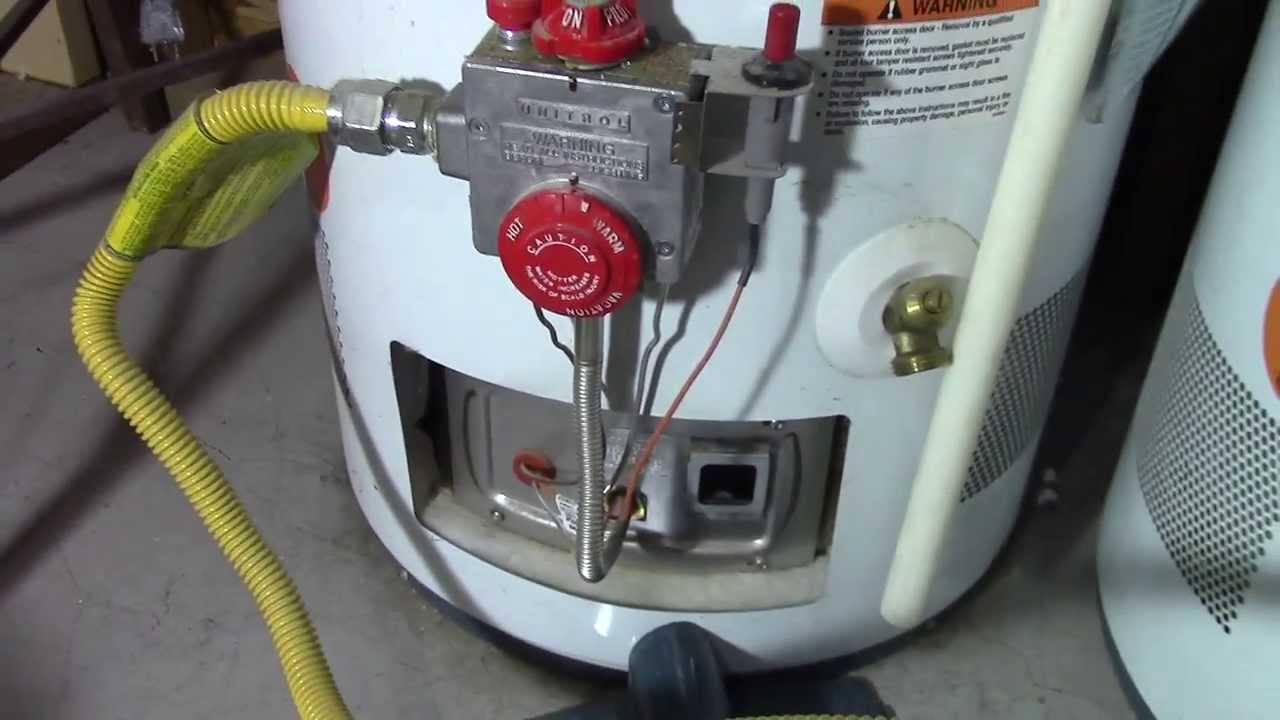
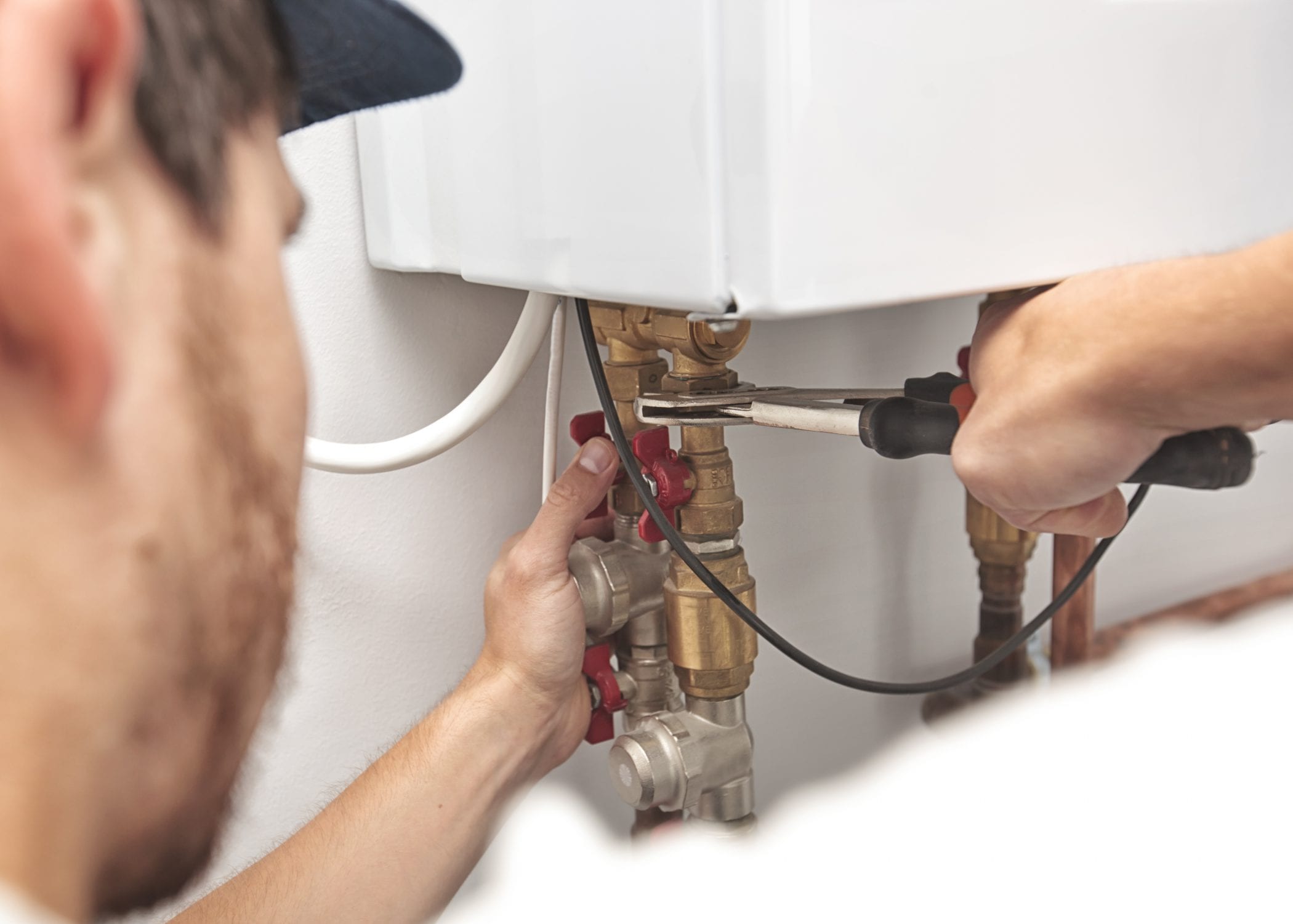
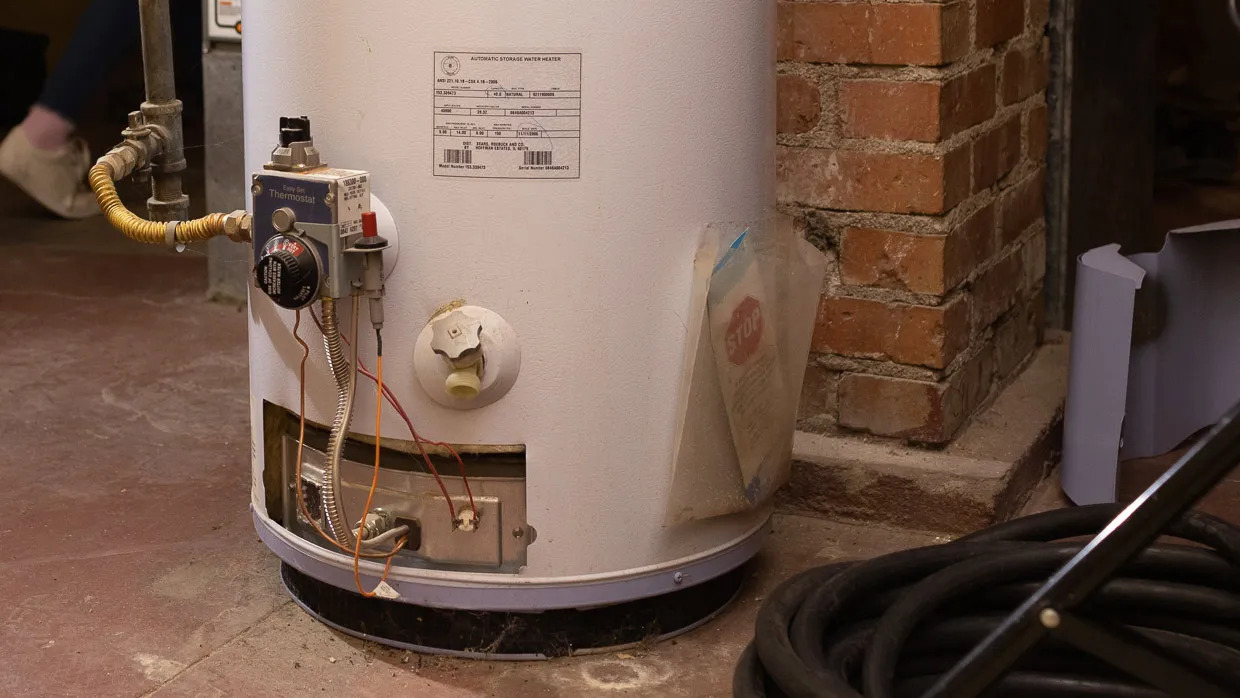
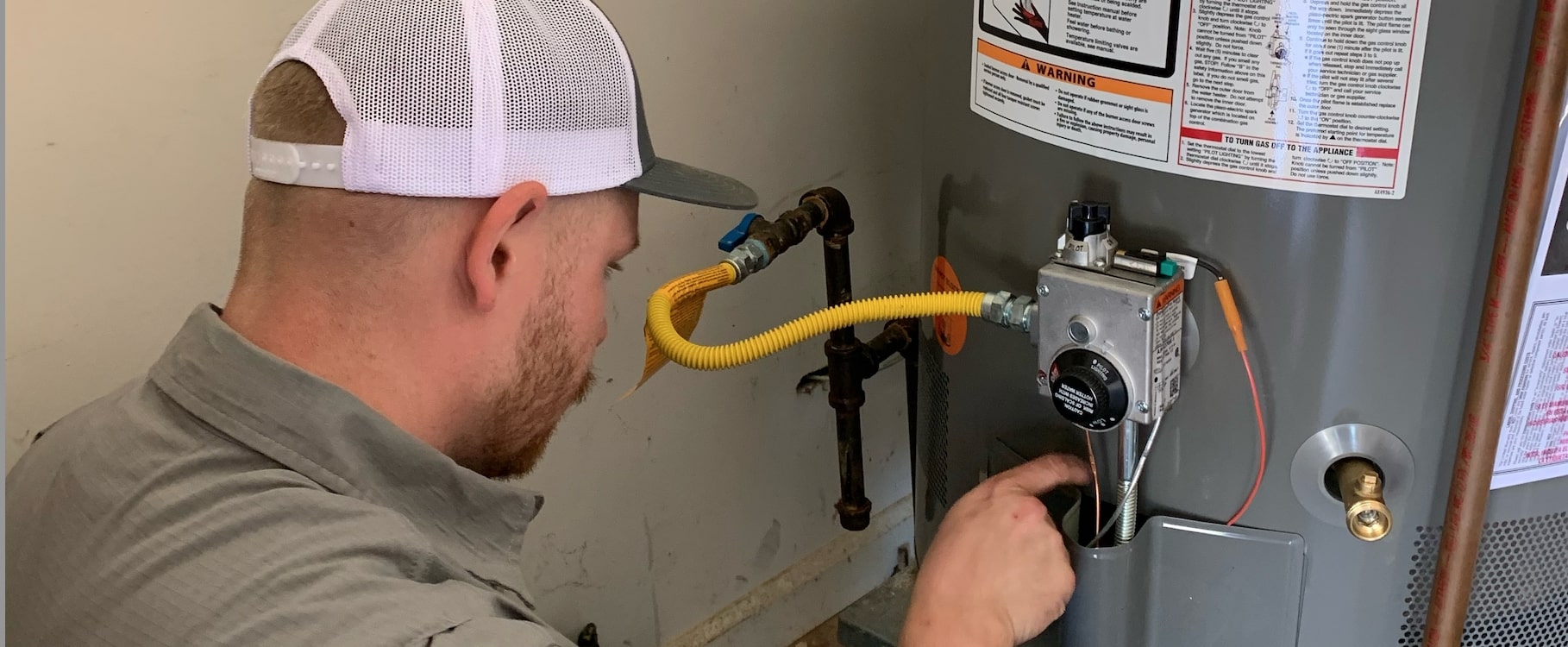
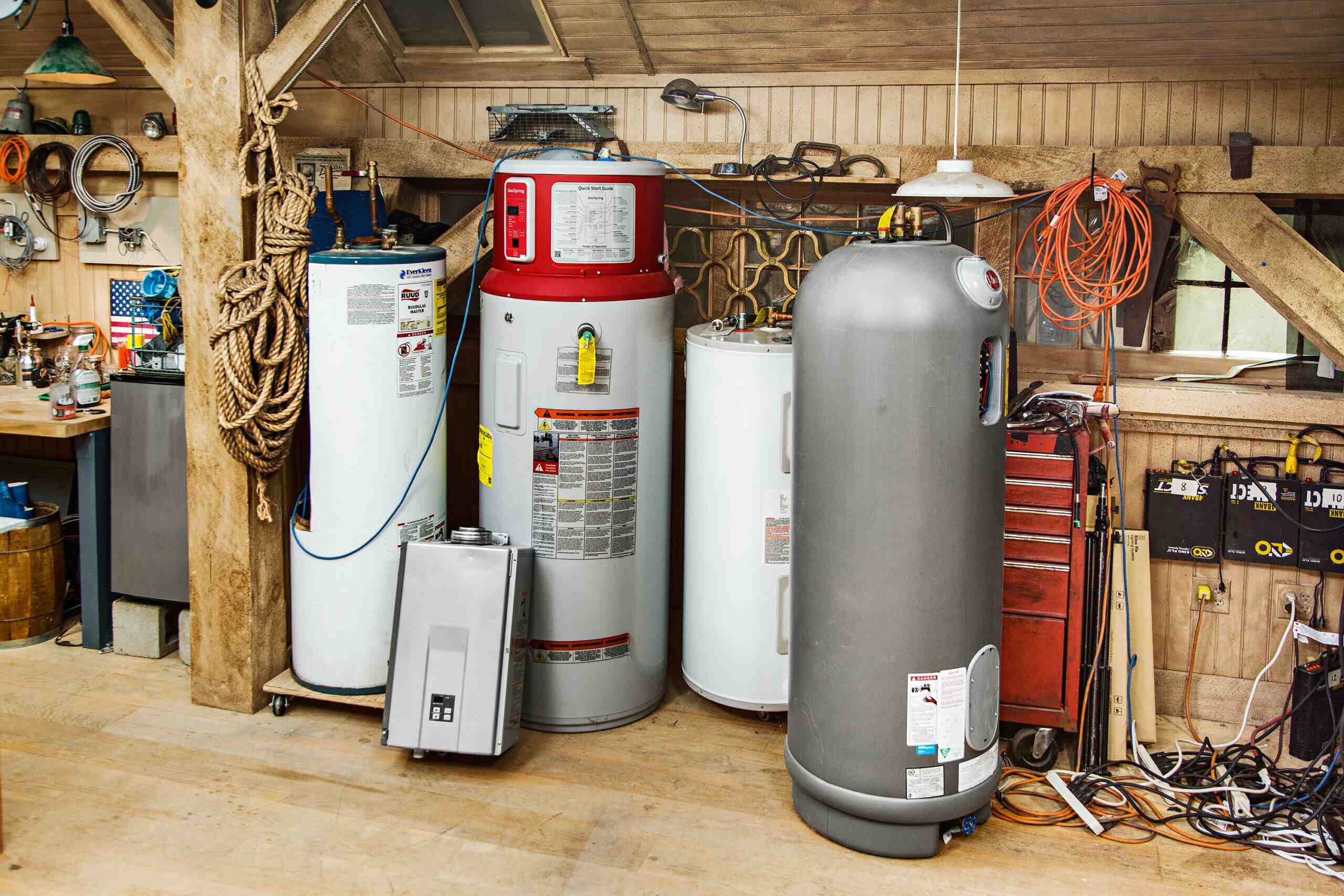
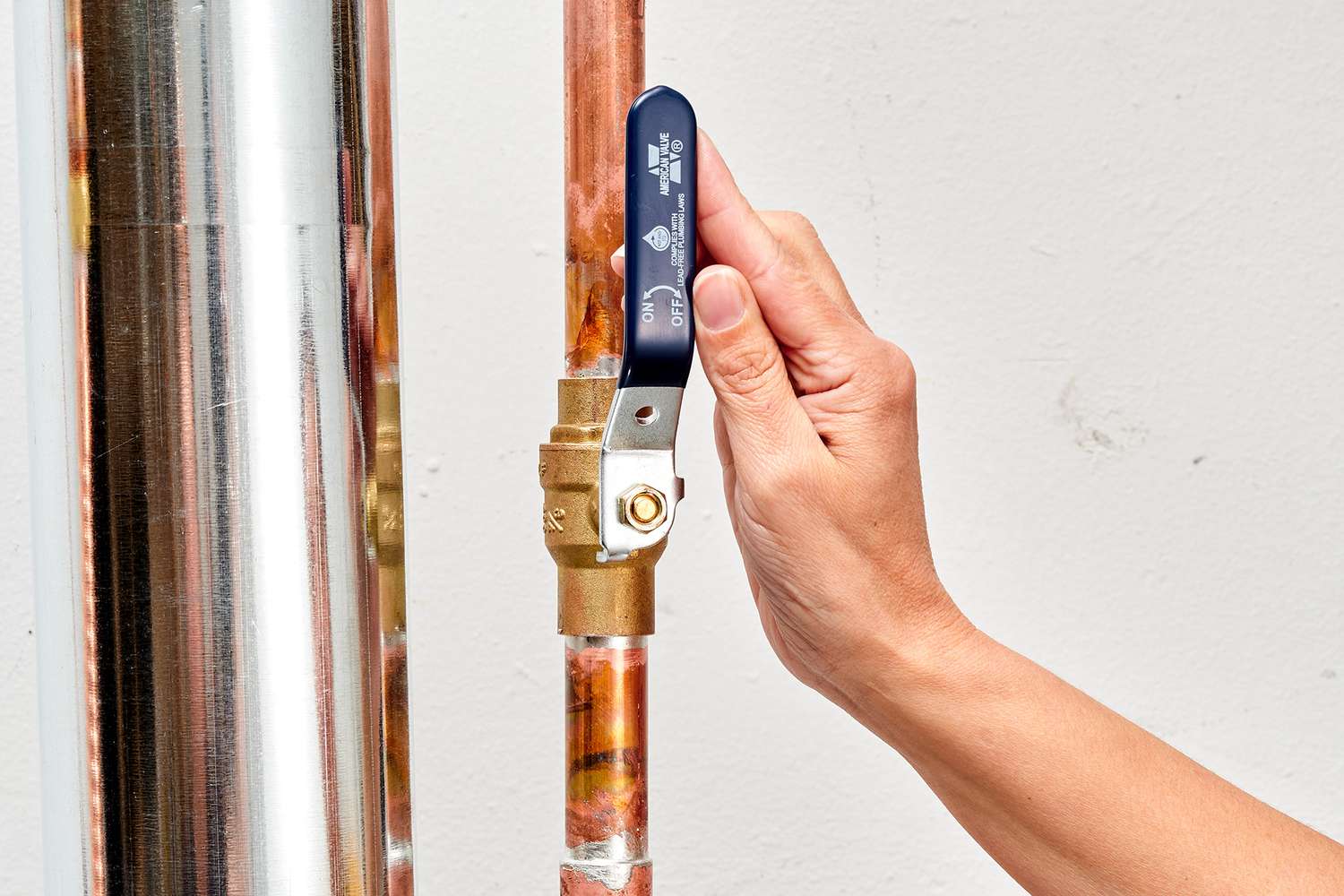

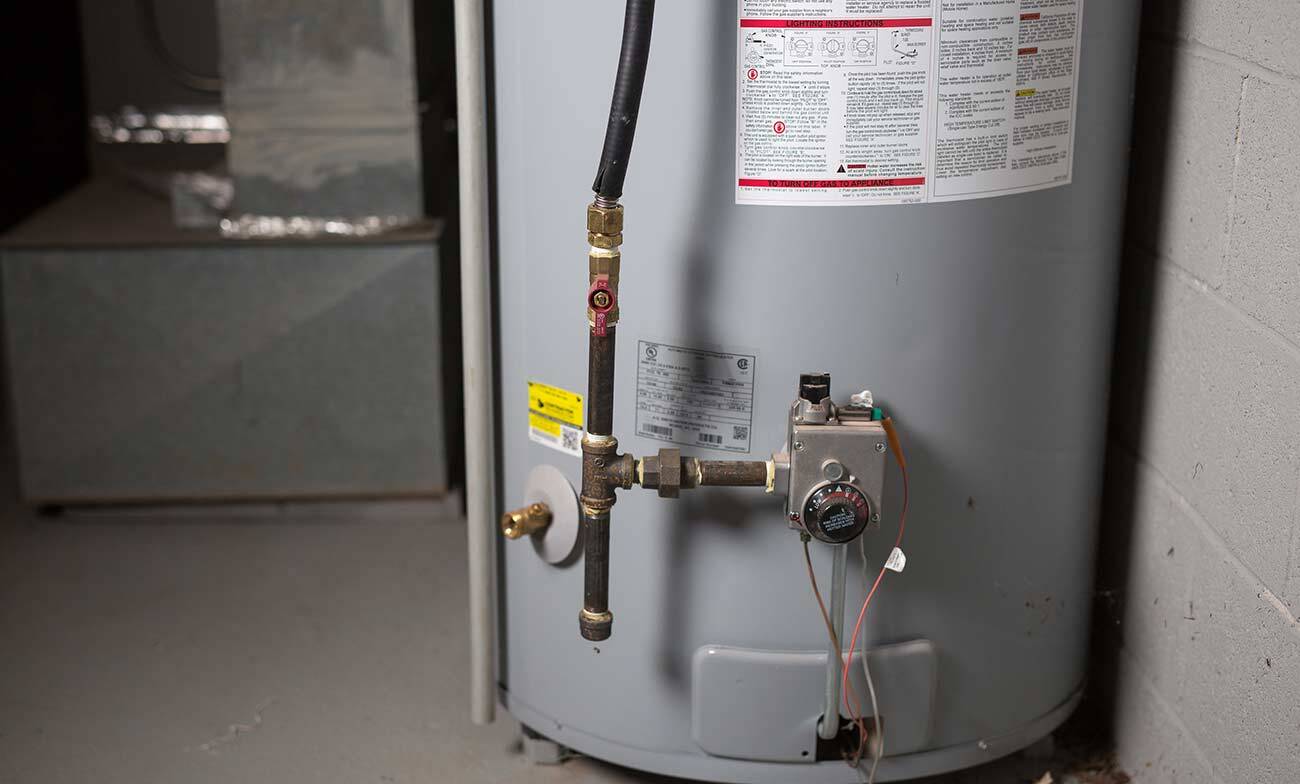
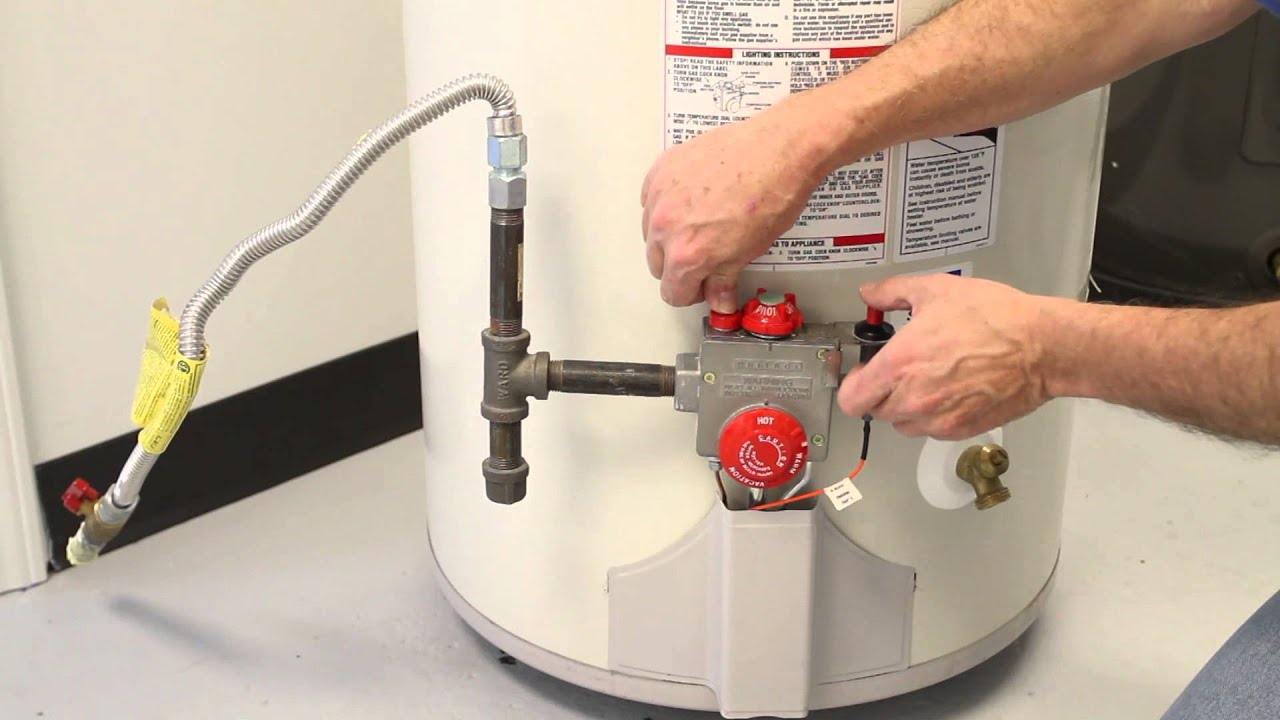
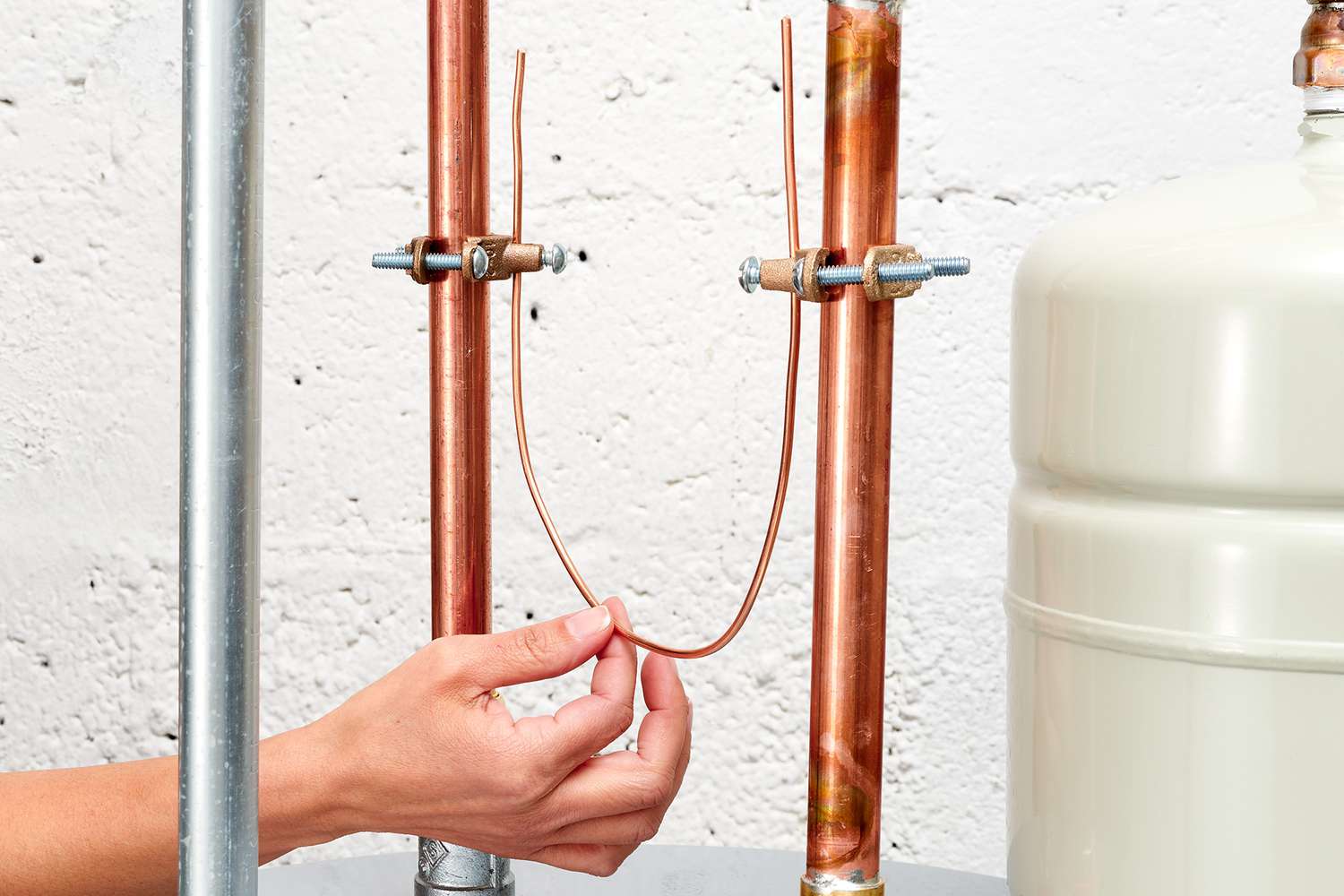
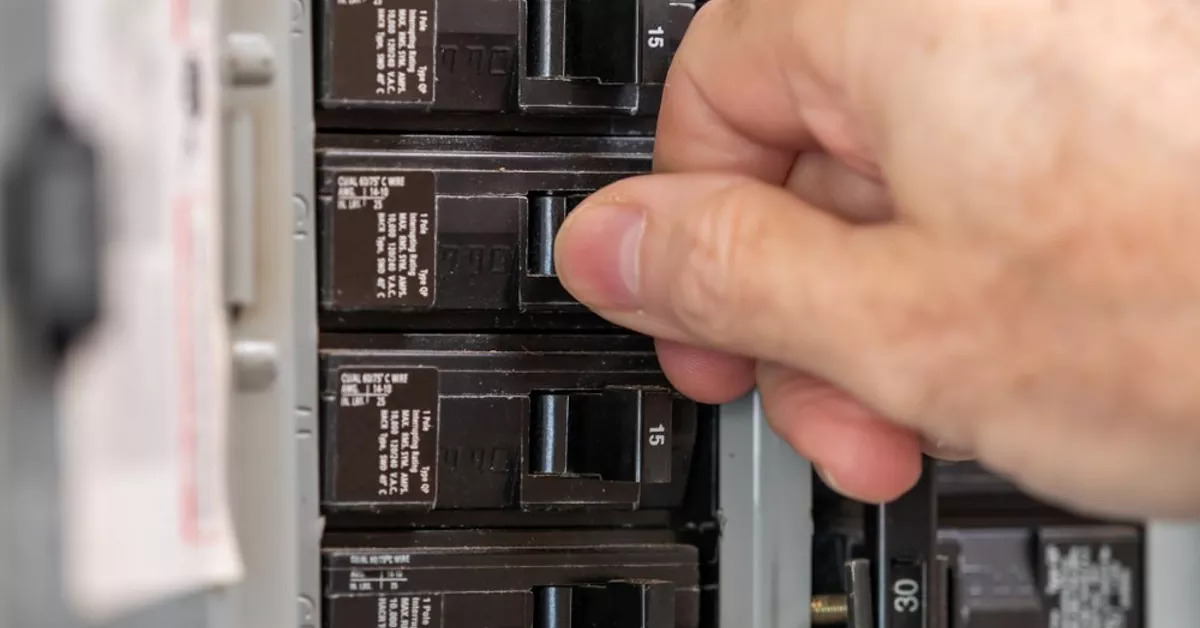
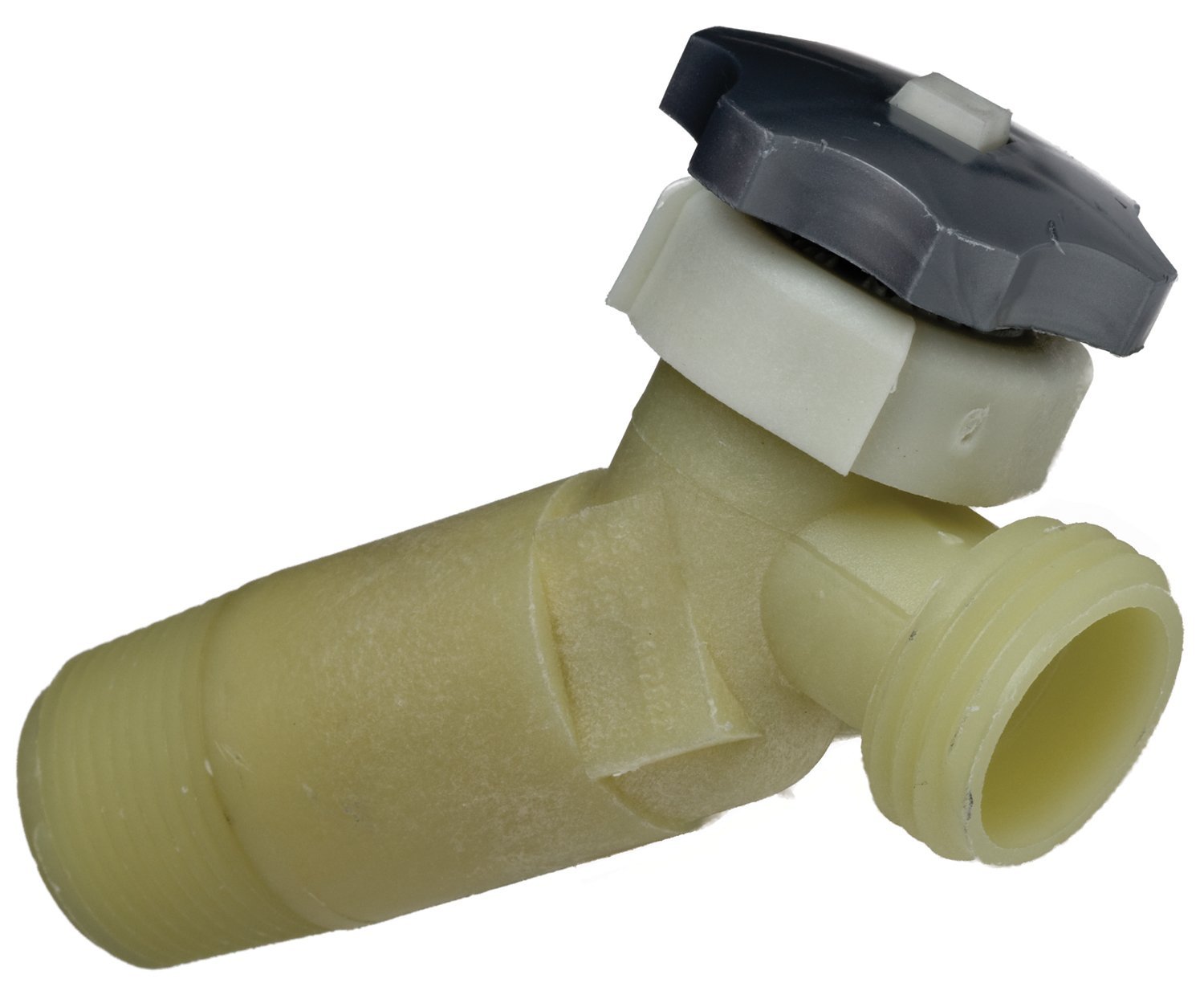
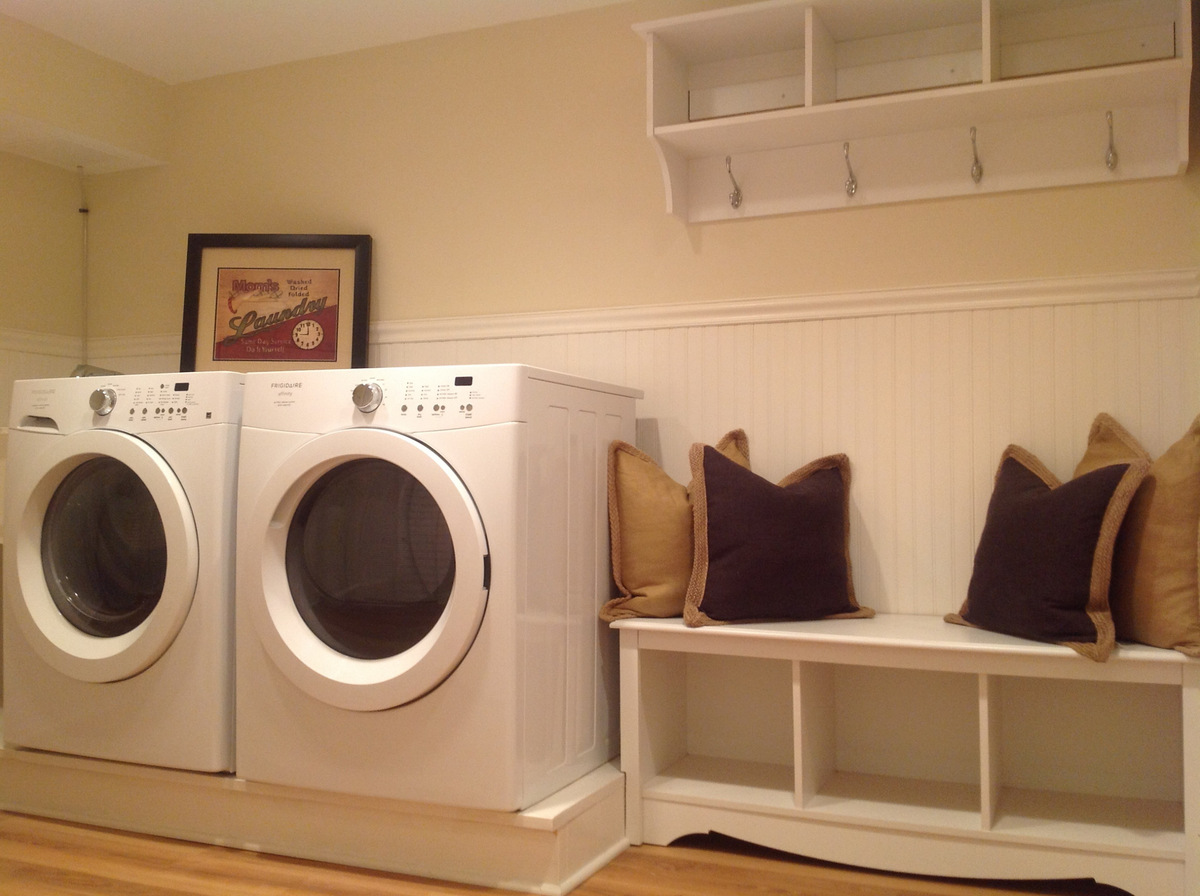

0 thoughts on “How Long Will Water Stay Hot In Water Heater Without Power”